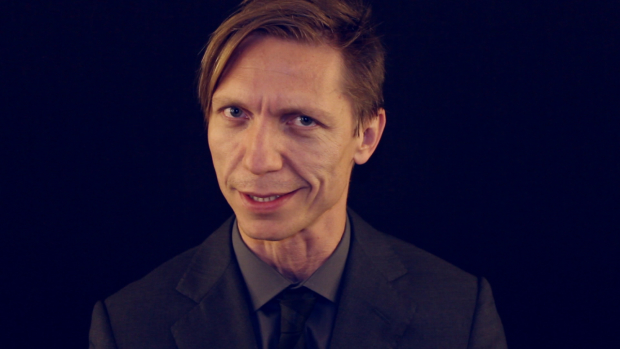The Almeida's new project exposes the culture of sound bites in the general election
There are lots of things that depress me about this election campaign, most of which need not detain us here. But the one that has left me utterly furious and bereft is the way that complex issues and intractable lives are reduced, routinely and without any thought, to a series of soundbites.
The Conservatives are the worst offenders. I have to leap for the off-switch of the radio or the television every time I hear 'magic money tree', 'strong and stable' or 'coalition of chaos'. On the other hand, although Jeremy Corbyn has performed infinitely better than most people ever expected, he is hardly an inspiring speaker.
In fact, there hasn’t been one moment in this campaign to set the spine tingling in the way that Neil Kinnock’s speech about "collective strength and collective care" with which he attempted to define the Labour Party’s opposition to Mrs Thatcher in 1987.
The speech is one of those chosen to be part of an interesting digital film project organised by Rupert Goold, artistic director of the Almeida Theatre and Anthony Almeida, the theatre’s former resident director, and called Figures of Speech. It aims to use the words of effective speeches to examine what leadership and the power of the spoken word actually means in the 21st century.
There are five historic speeches currently up on the microsite, each read by actors, and each surrounded by a discussion of their impact, meaning and relevance to today’s world. Ashley Walters performs "Collective Strength" by Kinnock, Fiona Shaw takes on Virginia Woolf’s provocative lecture which imagines the life of "Shakespeare’s Sister", while Nicola Walker presents "America Wake Up", Elizabeth Glaser’s profoundly moving appeal to the Democratic Convention in 1992, for the country under President Reagan to act in the wake of the AIDS epidemic. "America has lost her path and is in danger of losing her soul," she says, in words that have an ironic echo today.
Ian McKellen reads Harvey Milk’s speech about hope, and the importance of small political gains, delivered for the last time just months before the first openly gay person to be elected to public office was assassinated in 1978. Lucian Msamati reads an extract from Nelson Mandela’s powerful summing up in his own defence from the dock at Rivonia in 1964 when he was on trial for his life.
It was there he famously declared: "During my lifetime I… have cherished the ideal of a democratic and free society in which all persons live together in harmony and with equal opportunities. It is an ideal which I hope to live for and to achieve. But if needs be, it is an ideal for which I am prepared to die."
The speeches, and the discussion around them, are fascinating. They indicate the limits of great oratory – Kinnock, of course, never won an election for Labour – as well as its power to move and to encapsulate thought and feeling. Having actors read the speeches subtly alters their mood; because they approach them as a script rather than as a compulsion, they become more theatrical and less political. For me, only Walker and Msamati come close to capturing that sense of intelligence under pressure, that urgency of the thing being said, that tends to characterise great speeches in the moment they are delivered.
But distance also lends us the ability to analyse the words differently, to see the way that they work and understand how they can shape the tenor of the times. These speeches were all chosen – deliberately – with a sense of hope as their theme. According to Anthony Almeida, they are designed to operate as a clarion call to the prevailing cynicism and scepticism about politics. They certainly do that. If this current election campaign had contained one speech of such conviction it would have won my vote.
Yet I can’t help thinking the Almeida’s project raises many questions that it is currently not answering. All these speeches are essentially liberal, tolerant and unexceptionable. More from across the political spectrum are promised later. Only then, will it be possible to have a real debate about the role of oratory in politics – and the challenges it provokes as well as the better world it promises.
For example, Enoch Powell’s "Rivers of Blood" speech in 1968 is a model both of conviction and oratory. It made him a pariah at the time and still seems to me utterly misguided, yet it is engrained in the hearts of many pro-Brexit, anti-immigration thinkers who are in the ascendant today.
Words well used can convince you of anything and speeches can only take us so far. Why Glaser, Milk and Mandela are still worth celebrating and worth listening to is that they wanted to do good in the world, to bring light not darkness. They spoke without fear at a time when people were very frightened. That’s what we could do with now. However it’s expressed.











